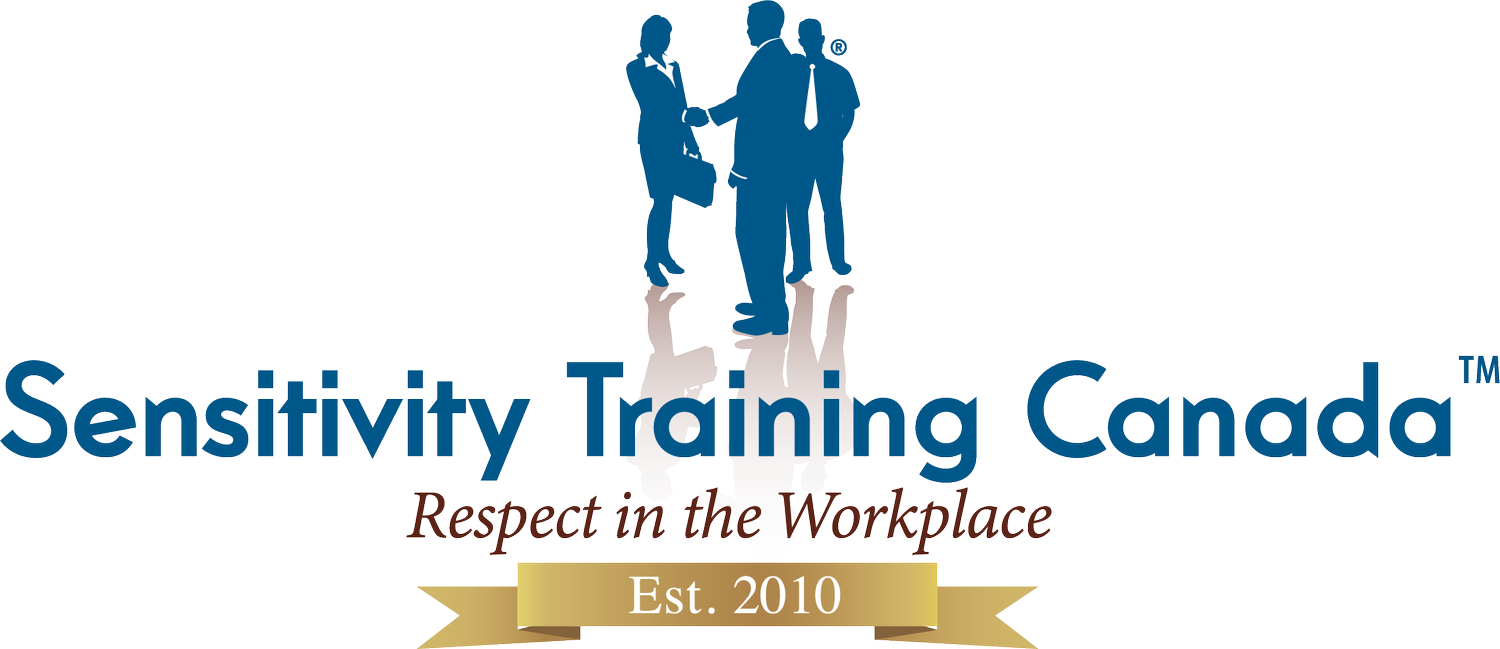Anger Management: Keeping Emotions in Check Under Pressure
Workplaces can be high-pressure environments where deadlines, competing priorities, and team dynamics often test emotions. Frustration and anger are natural responses to stress that can quickly derail collaboration between colleagues if left unchecked. Rather than labeling these emotions as negative, organizations should view them as signals that something needs attention.
The challenge arises when emotions overwhelm logic. Raised voices, defensive responses, or abrupt emails can leave lasting damage on workplace relationships. To prevent this, leaders need to create a culture where employees’ behaviour is valued as much as their technical skills. Training employees to pause, reflect, and communicate respectfully under stress is critical for maintaining team cohesion.
The concept of a “respect reset” can be powerful. This involves consciously pausing a heated discussion, reframing the conversation, and re-engaging with a solutions-focused mindset. Leaders who demonstrate this behaviour during conflicts, by staying calm, actively listening, and acknowledging emotions, set a powerful example for their teams.
Emotional intelligence programs, including mindfulness practices and communication training, can also help employees better manage their reactions. These initiatives teach individuals to identify their triggers, de-escalate tension, and respond with professionalism rather than impulse. Over time, these skills build a culture of resilience and respect.
Teams that learn to navigate emotions under pressure are not just better at avoiding conflict, they become more innovative, collaborative, and adaptable to change.
The Sensitivity Training Canada Team
